Smith Solutions Selected for Twin Aire Incubator/Accelerator Study
Smith Solutions is pleased to announce their firm’s selection by Southeast Neighborhood Development (SEND) and the City of Indianapolis to conduct the feasibility study for a small business incubator/accelerator planned for the Twin Aire Economic Development Area, site of the Indianapolis–Marion County Community Justice Campus. Smith Solutions will lead the year-long feasibility study that will marry southeast Indianapolis assets as well as residents’ existing strategic plans with current market and demographic data to capture diverse information important for inclusive economic growth and reflecting COVID-19 impacts on Indianapolis and Central Indiana.
Smith Solutions has assembled a team of specialists who bring deep knowledge of south Indianapolis assets and challenges as well as state-of-the-field practices for incubator/accelerator start-up and sustainability in diverse communities, workforce development, real estate development, and data analysis to inform inclusive, upward economic mobility for residents. The team includes principal staff from Projects Matter and Mass Economics, as well as Smith Solutions – all of whom center their work on neighborhood-informed, culturally-relevant, place-based development strategies that leverage community assets and elevate the voices and creativity of community residents.
Neighbors’ perspectives have already informed visions and goals outlined in a variety of neighborhood quality of life plans and in a comprehensive development plan for Pleasant Run Crossing, a 140-acre site on the southeast side of Indianapolis that is the former site of a coke and manufactured glass plant operated by Citizens Energy Group from 1909-2007 and now part of the Twin Aire Economic Development Area. The Smith Solutions-led incubator/accelerator study stems from the Pleasant Run Crossing Assessment, Reuse, and Implementation (ARI) Strategy, a reuse strategy for the site that was developed in partnership with residents, local nonprofits, developers, public officials, local, state, and federal governments and is intended to maximize job creation and attract public and private investment. This area southeast of downtown Indianapolis now includes the Community Justice Campus, an investment that can be leveraged to inform and catalyze future redevelopment in the city’s southeast side neighborhoods. The ultimate purpose of Smith Solutions’ five-phase incubator/accelerator study, funded by the U.S. Economic Development Administration and Citizens Energy Group, is to recommend a business incubator/accelerator operational structure that will leverage current and envisioned investments for the Twin Aire Economic Development area to host and accelerate local small businesses, entrepreneurial energy, and creative ideas. Smith Solutions has outlined an asset-based approach for this incubator/accelerator feasibility study and, thus, plans to intentionally leverage the visions, creative ideas, relationships, and existing plans neighborhood residents and city stakeholders have already cultivated to spur redevelopment in southeast Indianapolis.
In addition to their existing and previous work with partners and residents in southeast Indianapolis that creates the foundation for this asset-based approach, Smith Solutions provides comprehensive community development services to a broader set of nonprofit, government, and small business clients. Smith Solutions, an Indianapolis-based, women-led firm, has deep expertise in workforce development and real estate development and a reputation for bringing creative thinking, evidence-based best practices, and reliable but adaptable process management to their projects. Their team has extensive and diverse funds development capacity – from structuring capital stacks to conceptualizing and writing high quality grant proposals and building partnerships and teams to design and sustain funded initiatives. For more than a decade, Smith Solutions’ principals have been engaged by diverse community development entities to envision and promote systems change efforts that improve our collective ability to mitigate neighborhood blight, household poverty, and poor quality of life in our communities.



